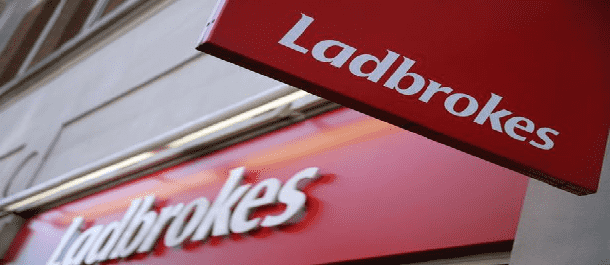Ladbrokes Takes £71M Hit After Losing Appeal in UK Tax Case
Ladbrokes Coral has found itself officially £71 million poorer in recent days after losing an appellate ruling from the Upper Tribunal of the Tax and Chancery Chamber, regarding an ongoing tax case in which the old Ladbrokes portion of the firm was found to have participated in a bogus scheme to generate faked losses for the purpose of a larger tax writeoff.
The initial ruling in the case dates back to late 2015, when Ladbrokes was one of about eleven companies found to have intentionally taken advantage of a short-term tax loophole created through a prior round of updates to the UK’s corporate tax codes. The loophole essentially allowed companies to generate imaginary paper losses by creating transactions between two entities, both under the parent firm’s control. HMRC regulators rushed to correct the loophole when it was discovered, but the 11 firms, including the old Laddies, were likely advised to take advantage of the loophole by Deloitte, a major corporate-accounting name.
As we reported back in 2015, “the illicit transfer scheme was promoted by international accounting giant Deloitte (Deloitte Touche Tohmatsu Limited). Deloitte is one of the largest accounting services in Great Britain and has worked with Ladbrokes for years. It is not yet publicly known if all the companies targeted by HMRC were advised to create the manipulative paper transactions on the advice of Deloitte.” Of course, that’s the chalk if one was betting on what occurred.
HMRC’s Director General for Customer Compliance, Jennie Granger, said, “Ladbrokes would have been better off just paying the tax but instead they pursued this lengthy legal dispute with HMRC. Avoidance schemes like this just don’t work and HMRC will always take firm action against them. The bookie gambled and lost when the odds of success could not have been lower.”
Ladbrokes Coral did not issue a statement upon the release of the negative decision.
The two Ladbrokes Group companies involved in the asset swap and write-off scheme were Ladbroke Group International and Travel Document Service. When the illicit transactions were discovered and the initial court ruling issued, Ladbrokes could have settled for a somewhat lesser £54 million. Accrued interest and penalties do add up quickly, not to mention the added cost of pursuing litigation in a case against the tax man, which more often than not is another losing wager.
Regarding the short-lived tax avoidance scheme, HMRC has a perfect record in reclaiming the bogus writeoff claims. The Ladbrokes ruling is the ninth of the 11 cases to result in what appears to be a final decision favoring HMRC. The remaining two cases appear poised for a similar result.






